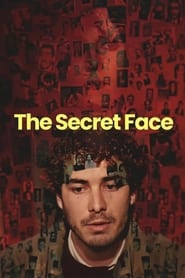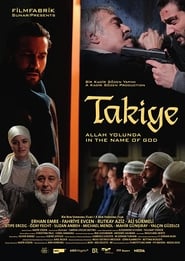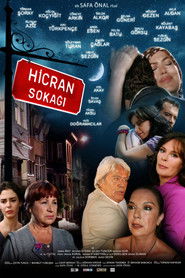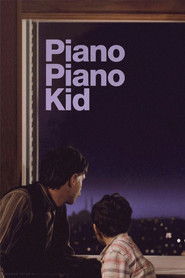detail profile rutkay aziz
Peran Yang Di Mainkan Rutkay Aziz
 This documentary which carries the spirit...
This documentary which carries the spirit...Communist Osman 2023
This documentary, which carries the spirit of humanism, is the story of those who did not submit to reaction and fascism, who struggled for democracy and human rights by seeking a way out of darkness into light. The main character of the documentary is Osman Özgüven, but it is not a biography, but a documentary of ideas. It tells what he and his comrades did in the name of fundamental rights and freedoms at the cost of paying a heavy price, how they popularised their populist policies, their concrete achievements, their adventures, how they overcame the obstacles they encountered and why they could not overcome some obstacles. These stories will shed light not only on a period but also on the future with their messages, and many of the practices they have realised are of a quality that can be a universal model. This is your story.
 A woman is searching for a...
A woman is searching for a...The Secret Face 1991
A woman is searching for a face in photographs taken by a photographer. The face she hopes to meet one day belongs to a watch repairman, but the shop has long since closed.
 A retired teacher and a very...
A retired teacher and a very...A Dead Sea 1989
A retired teacher and a very succesful female banker meets at a holiday resort incidentally. The woman is sick and tired of her workload/housework and his husband while the man has escaped from his monotonous lifestyle. He is up to settle in a village nearby where he thinks he will live his dream in solitude. While looking for a place to rent, they get close and fall in love with each other. But their lifestyles and characters are quite different.
 Eser who wants to talk to...
Eser who wants to talk to...Ada 1988
Eser, who wants to talk to her husband while making a decision about the future of her daughter, decides to go to the island for this. On this occasion, a great reckoning begins between the couple, who come together again years later.
 Two Turkish brothers find themselves on...
Two Turkish brothers find themselves on...Mist 1988
Two Turkish brothers find themselves on opposite sides of the political fence. When one of the brothers is murdered, the boys' father suspects that his surviving son was instrumental in the killing. Celebrated film director Elia Kazan returns to his acting roots in a key supporting role.
 In this deeply symbolic and visually...
In this deeply symbolic and visually...Iron Earth, Copper Sky 1987
In this deeply symbolic and visually lush film, as far as Tashbash is concerned, he's just a malcontent, a fairly ordinary hell-raiser who has gotten into trouble with the law in the past. Sure, he hates the village headman who is a toady to the region's oppressive landlord, and he dislikes the fact that everyone looks to the headman for help because they have no place else to turn, but he's just an ordinary guy and has no solutions for his fellow villagers. However, after one of them has a vision in which Tashbash is shown to be a manifestation of one of their more important local saints, the villagers unite as one in seeking him out for help with the upcoming visit of the landlord to collect rents which they can't pay. Their adulation and reverence is so persistent that eventually even Tashbash becomes a believer.

 He is a boss who dedicates...
He is a boss who dedicates...



 A neighborhood story with loves and...
A neighborhood story with loves and...

 In 1940s Turkey the world in...
In 1940s Turkey the world in...